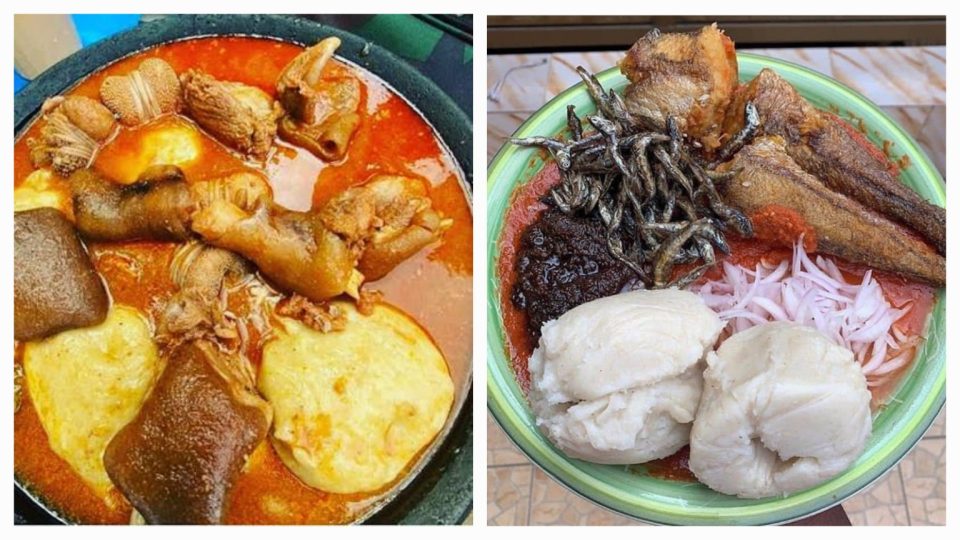Ghana’s latest inflation report shows that the kitchen table remains at the forefront of the country’s economic story, with beloved staples like fufu, kenkey, and smoked fish emerging as key contributors to recent price shifts.
The Ghana Statistical Service (GSS) has revealed that 20 items, largely rooted in daily food culture, swayed inflation figures for October 2025.
The Food and Non-Alcoholic Beverages category, the most influential segment in the Consumer Price Index (CPI), included everything from green plantains and yams to kokonte, dough, and beef. Common household condiments like onions, ginger, tomato paste, vegetable oil, and bread also made the list.
But food wasn’t the only driver. Charcoal, electricity, and re-sold tap water, all placed under the Housing, Water, Electricity, Gas and Other Fuels group, influenced the month’s inflation as well. The cost of hotel stays also featured, classified under Hotels, Cafés and Restaurants. Meanwhile, both private and public secondary school fees were traced in the Education category.
The GSS confirmed in a report released on Wednesday, November 5, 2025, that overall inflation had fallen to 8 percent, the lowest reading since June 2021. This marks the tenth straight month of easing inflation and a 1.4 percentage point reduction from September.
“For the first time since June 2021, Ghana has achieved single-digit inflation. This means the rate at which prices of goods and services are rising has slowed significantly,” said Government Statistician, Dr Iddrisu Alhassan.
He pointed to targeted fiscal and monetary policies as the backbone behind the improvement, emphasising notable progress in sectors like food, transport, and housing, all deeply connected to daily living costs.
Dr Alhassan reiterated that food prices remain the biggest contributors to inflation due to their central role in Ghanaian household budgets. The report also recalled that inflation had surged to 23.8 percent in December 2024, before embarking on a steady decline throughout 2025.
